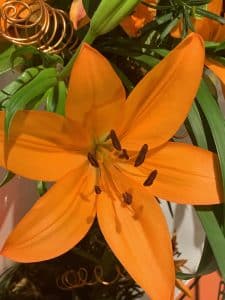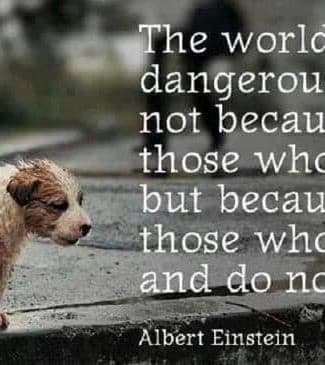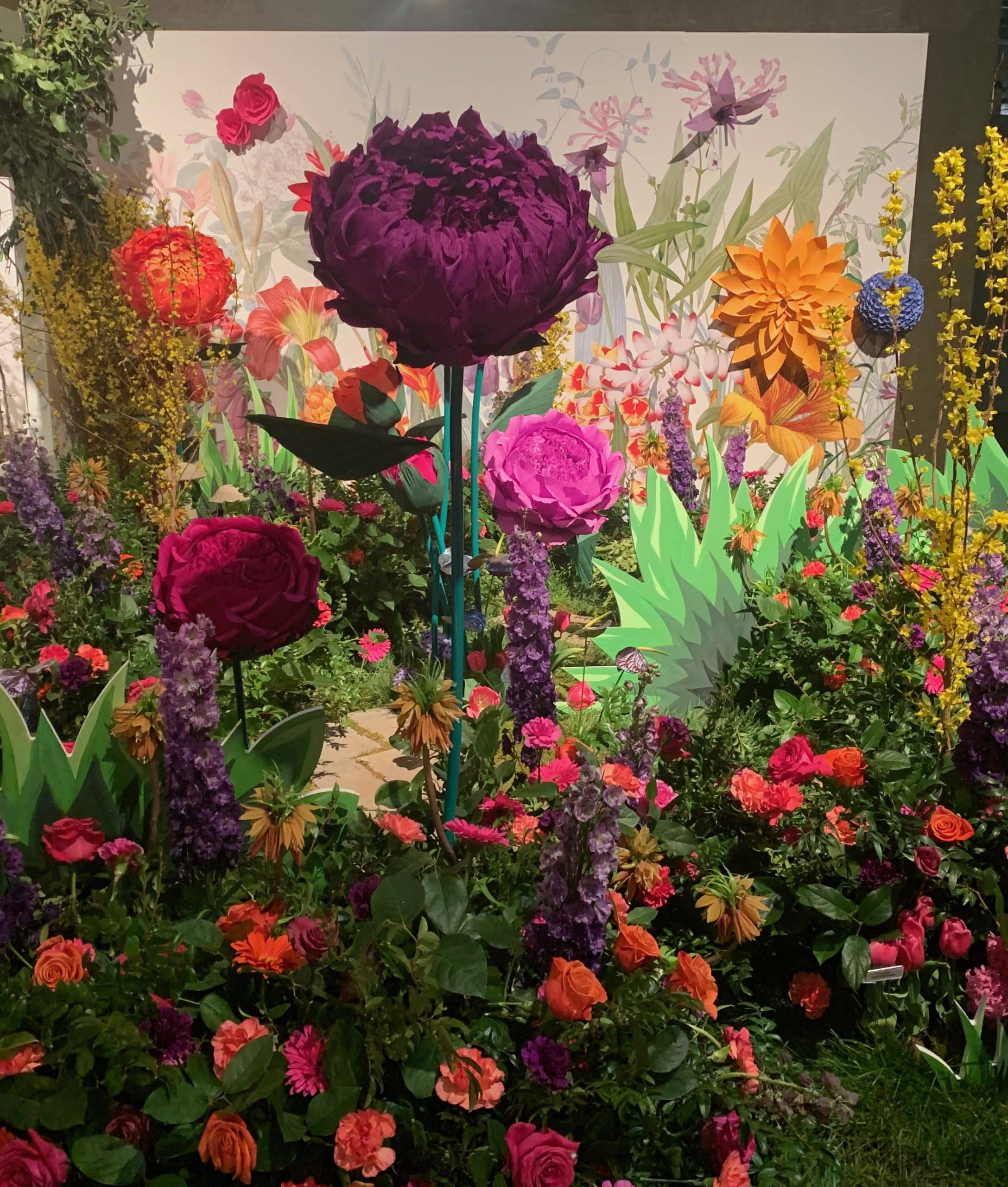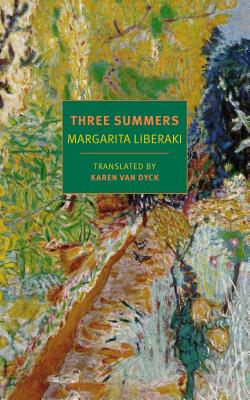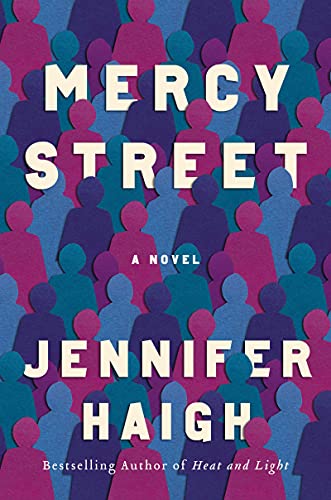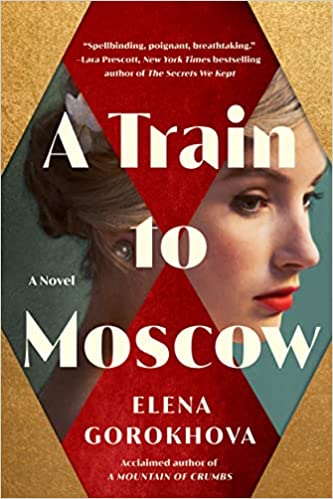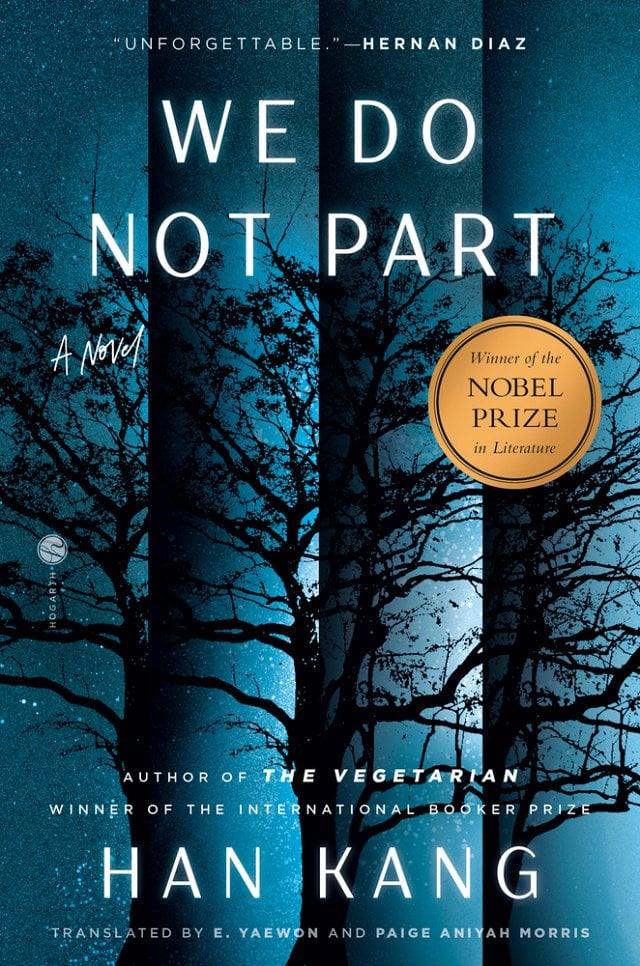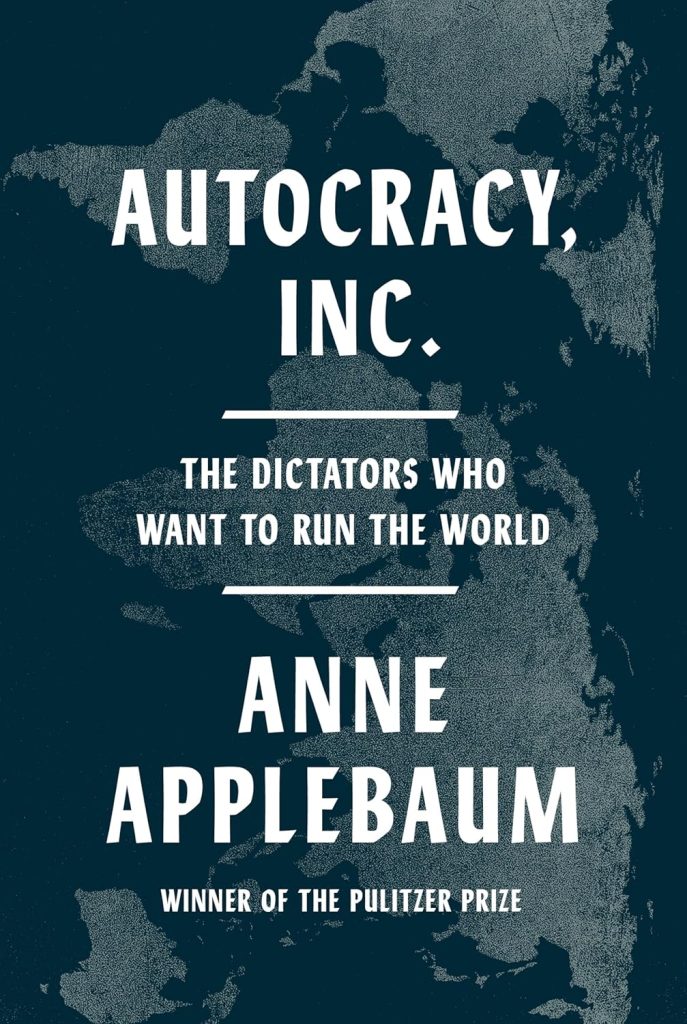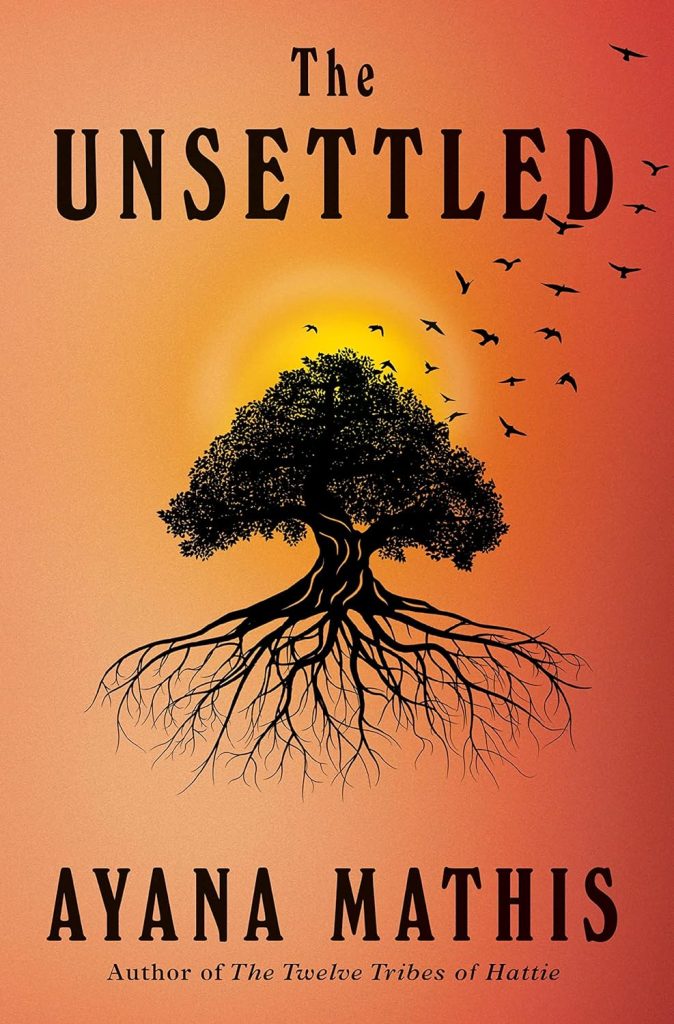
Florastruck in Philly!
Estimated reading time: 1 minute, 50 seconds“Wow,” my friend Deborah said as we entered the 2023 Philadelphia Flower Show. “The flowers, the smell, the sounds…”
“I thought last year was spectacular, but this is stupendous,” Ron responded.
Beverly and I were busy talking when Deborah pointed out the definition on the opening exhibit’s wall.
FLORASTRUCK [flohr-uh struhk] /adj./ stunned and amazed by floral beauty.
The description provided this overview, “At the core of all human interaction with flowers is that extraordinary moment when one is overcome with joy or awe in seeing or receiving unexpected beauty. This remarkable burst of wonder and delight is what we hope you will experience as you walk through this lush, immersive flora moment.
The four of us were indeed florastruck not only for the day at the Philadelphia Flower Show but also for the two days we were in the city and even now that we are home.
Sharing the Flower Show with friends helped make this the best since Jan died.
My first trip to the Flower Show without Jan was a washout, and my days were an internal monologue with no exit.
Last year with Ron and Deborah was enjoyable, and I could speak about grief but only in the third person.
This year, the conversations, dinners, and florastruck moments were relaxed, and I could speak frankly about Jan and even laugh with my friends.
I missed Jan but knew her spirit was with me, and she would have been as florastruck as the four of us. One day at a time, my grief recedes in my rearview mirror.
I purchased flowers for Jan on the day we met; she was, is, and will always be the love of my life!
The Jan Lilien Education Fund sponsors ongoing sustainability and environmental awareness programs. Gifts made this month; I will match dollar-for-dollar. All donations are tax-deductible.
I receive a commission when you buy a book or product using a link on this page. Thank you for supporting Sharing Jan’s Love blog.


